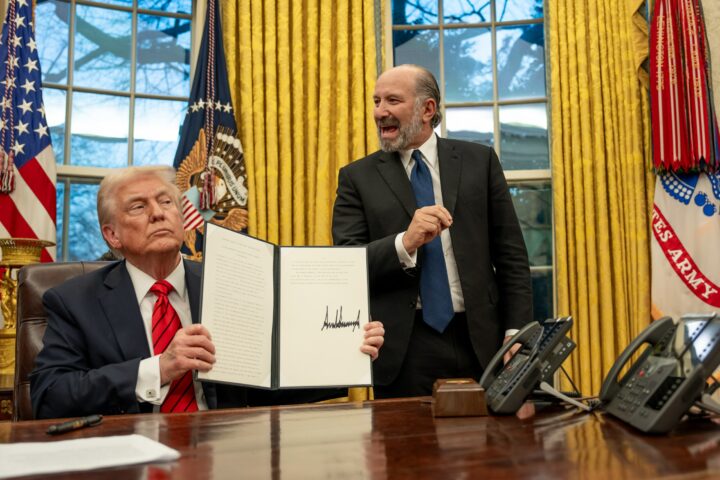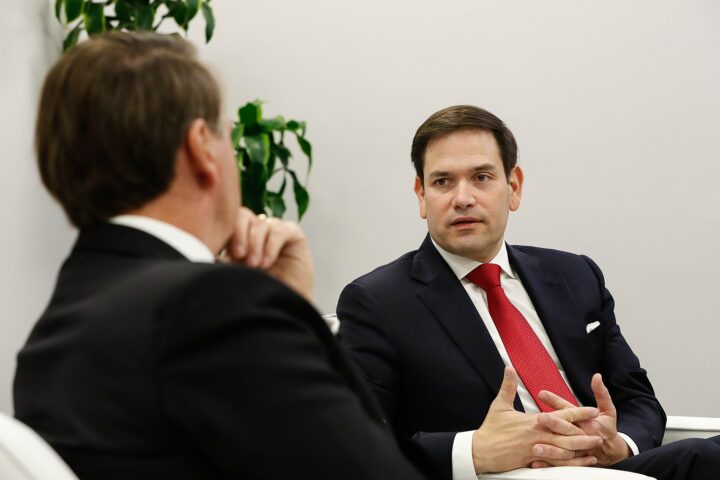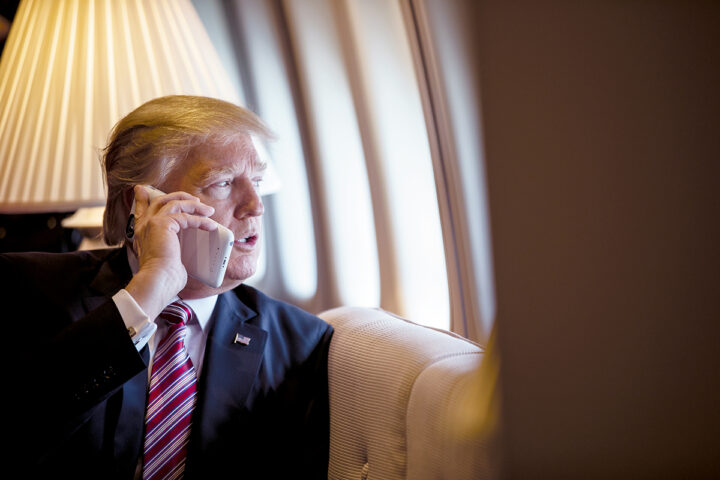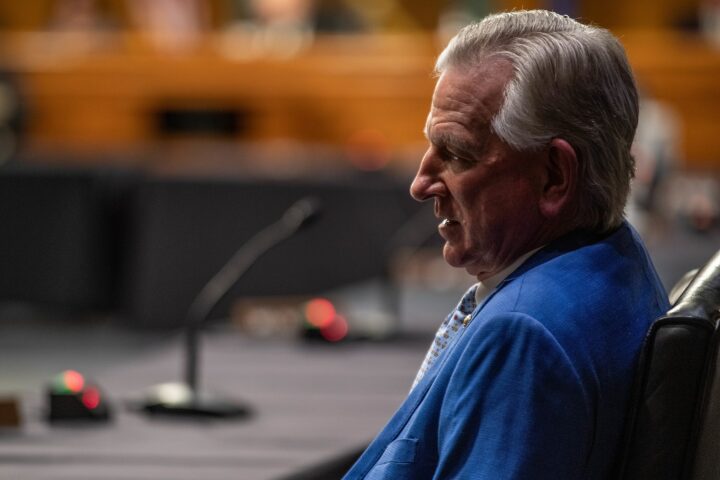Representative Marjorie Taylor Greene, a prominent figure in the MAGA movement, reportedly sharply rebuked President Donald J. Trump on Tuesday over his pledge to supply weaponry to Ukraine, declaring that “MAGA did not vote for more weapons to Ukraine” and asserting, “No more U.S. involvement in foreign wars!”
Ms. Greene’s dissent came after President Trump announced a plan—crafted alongside NATO Secretary General Mark Rutte—to transfer Patriot missile systems and other advanced arms to Ukraine, to be financed by European allies, a sharp departure from Trump’s earlier promises to curtail U.S. engagement in overseas conflicts.
Greene argued that the pledge represented a departure from Trump’s “America First” commitment. “This is what we campaigned on.
This is what I promised to my district,” she posted on X, accusing the administration of reneging on hardline campaign rhetoric.
She also warned that despite assurances that European NATO members would foot the bill, “Without a shadow of a doubt, our tax dollars are still being used,” citing indirect expenses such as U.S. training of Ukrainian forces.
Her critique underscores growing unease among the isolationist wing of the Republican Party.
A recent CBS/YouGov poll showed that roughly 68 percent of Republicans disapproved of continued U.S. military involvement in Ukraine, reflecting widening discord within the GOP.
Ms. Greene’s criticism was not isolated. She joins a chorus of conservative voices—including Steve Bannon and Tucker Carlson—who caution against deepening U.S. entanglement overseas.
“We’re opening the door for younger generations to turn to radical leaders,” she warned, expressing concern that foreign deployments detract from pressing domestic needs like housing and border security.
The clash over Ukraine comes amid broader debate within the MAGA base about Trump’s shifting posture under pressure from military and diplomatic allies in Europe and Washington.
Trump described the arms deal as “a really big deal,” praising Europe’s increased defense spending, even as critics on the right emphasize that voters prioritized a retreat from global intervention.
In a related development, Trump also announced a 50-day ultimatum to Russia—threatening 100 percent tariffs if Moscow does not advance peace efforts.
That move likewise drew criticism from war-weary Republicans who argue that economic pressure, not military overrun, should define U.S. strategy.
Ms. Greene’s rebuke may pose political risks. While her platform resonates strongly with serious MAGA supporters, more liberal Republicans caution that such rhetoric could fracture Trump’s electoral coalition, especially ahead of next year’s midterm contests.
As debates continue, the fissure between interventionist pragmatists and isolationist traditionalists within the GOP is emerging as a defining fault line—one that could shape the direction of Republican foreign policy under a Trump-led banner.
[READ MORE: Megyn Kelly and Ben Shapiro Have Heated Clash Over Epstein Files]








